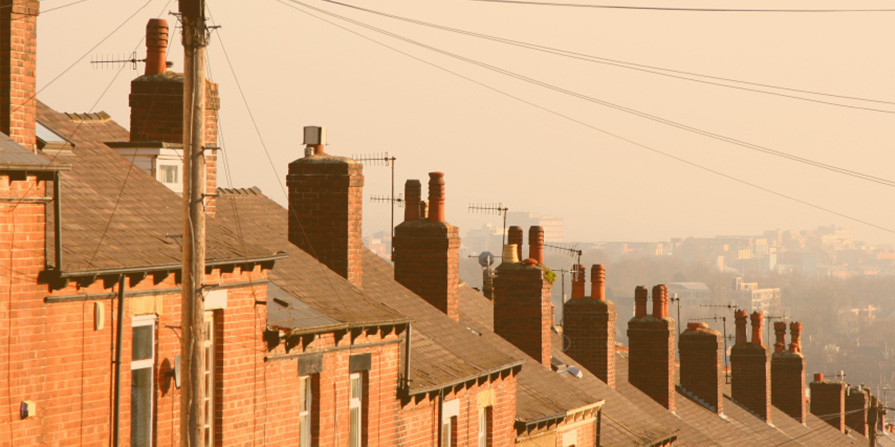The Difference Between Domestic and Commercial Flues
It is vitally important to choose the right flue for a commercial property and its boiler or extraction system. Not having the right one can lead to poor performance and safety problems. But what’s the difference between domestic and commercial flues and what do you need to know to ensure yours complies with regulations and is safe? We explain in this blog.
What are domestic and commercial flues?
Domestic flues are those in a residential property and are much smaller. Any residential property which has a gas boiler system or fireplace, will require a flue to get rid of the waste gases produced by the boiler.
The main difference between domestic and commercial flues is the size. A commercial property boiler is any boiler that is larger than 70kW. The flue is a major part of this. It is the part that is attached to the building and releases the products of combustion into the air. Therefore a commercial flue needs to be bigger than a domestic flue.
When installing, commercial flues can be more intricate and commercial property boiler systems can have more complicated pipe work to navigate around, especially when running from a plant room in the basement to the roof without causing obstructions or having overly tricky bends.
Commercial flue regulations
Commercial flues must comply with the “The Construction Products Regulations” to ensure they are safe and can be used in buildings. The main commercial flue regulations are:
- The commercial flue must have a CE mark, which defines performance and operational limits
- The minimum temperature for constant use of the flue – 200 degrees Celsius for oil and gas and 400 degrees for multi-fuel
- Should comply with certain pressure ratings
- State whether suitable for wet or dry operations and comply with regulations around both
- Must be corrosion resistant specifically dependant on the fuel used in the commercial flue
- Commercial flues must have a designation code which specifies minimum material grade and minimum thickness
- Commercial flues should be soot fire resistant and be placed a safe distance from any combustible materials when heated
The British Flue & Chimney Manufacturers Association has shared a full document on commercial flue regulations.
As with all flue lining, it is important to ensure commercial flues are lined properly and safely. If you need help with a commercial flue, our experts are here to assist. They have a wealth of experience in a range of commercial premises including schools, hotels, commercial kitchens and more. Our commercial flue lining solutions are available for commercial flues of all sizes and dimensions from 80mm up to 1000mm.
Flue Liner Solutions is based in London and offers domestic and commercial flue liner solutions for residential, commercial and heritage properties across London, the south of England and the rest of the UK. To get a free quote and to learn more about us, contact the team today.


